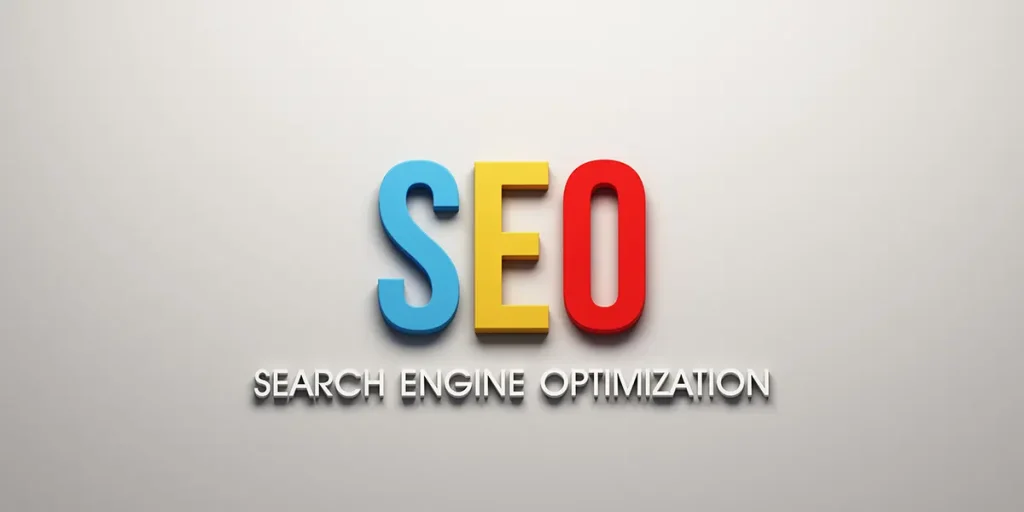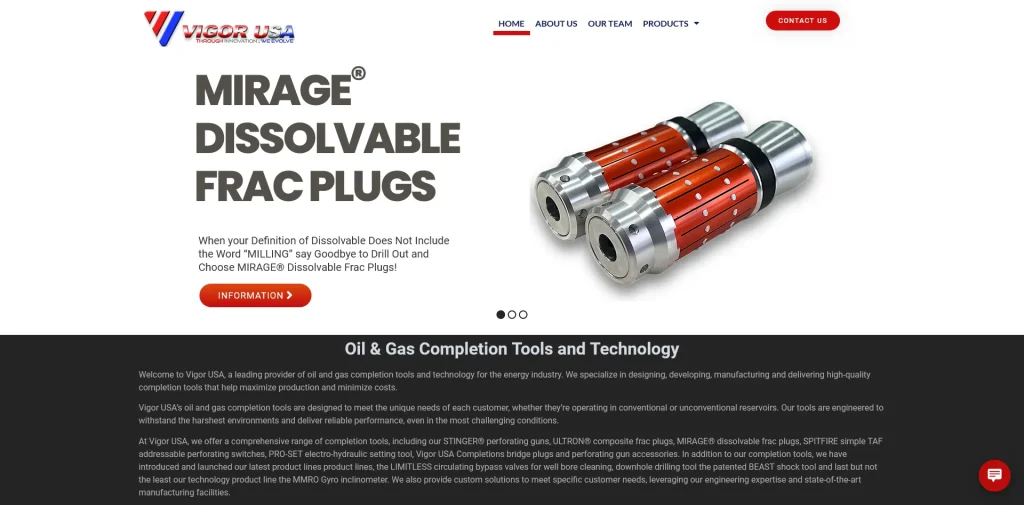Search engine optimization (SEO) helps people find information that’s relevant to them when they do a web search. When a company hires a SEO agency to optimize their website for them, they’re basically asking help on how to make their website stand out to potential customers when they search for the products and services they offer.
Let’s say you own a pizza parlor in Houston, Texas or in Los Angeles, California. You’ve only just opened it up and are now trying to compete against better-established competitors who have been around for longer. Some of your competition are likely to be pizza parlor chains and other big brands.
To be able to compete with them, you need brand recognition. And to get that, you can try to make it so that when someone Googles ‘best pizza place’, yours appears somewhere on the first page, preferably on the top!
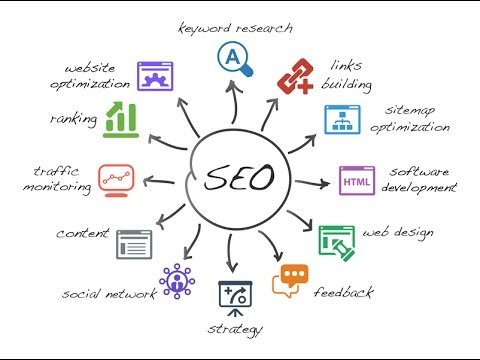
Why is SEO important for businesses?
So SEO is nothing more than a marketing tool. It’s a great way to appear on the search engines that dominate our lives.
It is increasingly important to businesses as more and more people continue to rely on the Internet to find goods and services as opposed to watching commercials. It’s even more important for newer businesses, particularly those who rely on eCommerce for a large portion of their sales.
People tend to trust businesses that appear on the top of a search engine results page (SERP). It might appear that a business has been vetted by a search engine, and that they’re a reputable business. It verifies a website as being trustworthy.
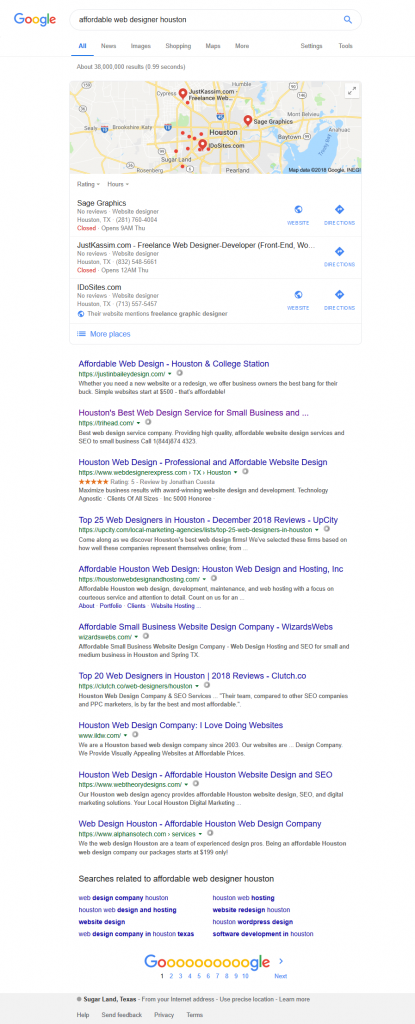
And to an extent, that’s true. Search engines use tracking techniques to track how much time visitors spend on websites. If a visitor behavior suggests that they’re happy using the website, then that website is ranked higher in SERP. This is based on the assumption that as previous users have found the website useful, others in the future will too.
A critical point to remember is that search engines have to index tens of trillions of websites. People generally aren’t going to spend months and years going through every indexed website to find the best pizza place. They’re going to look at a few options. By default, Google shows ten links on each page of their SERP. This means that people are likelier to choose from a website listed somewhere on the first page than from any other page.
So in conclusion, SEO can be used to establish trust. And organizations run on trust. If people don’t trust a company, they’ll boycott it. So by appearing on top of SERP, your business is more likely to be found by potential customers and it’s easier for them to trust that you’re a business they can trust and do business with.
Search engine optimization vs content marketing
One question our customers sometimes ask us is, “What is content marketing and how is it related to SEO?”
First, let’s define what content marketing is. Content marketing deals with creating and publishing content for a target audience. So in many ways, SEO is content marketing. SEO takes the technical side of content marketing into consideration.
SEO involves considering website design—its structure and the way visitors can interact with it. Proper titles, URLS, descriptions, performance, a good UI/UX, backlinks and much more. There’s a comprehensive checklist SEO companies have to go through to make sure a web page is optimized.
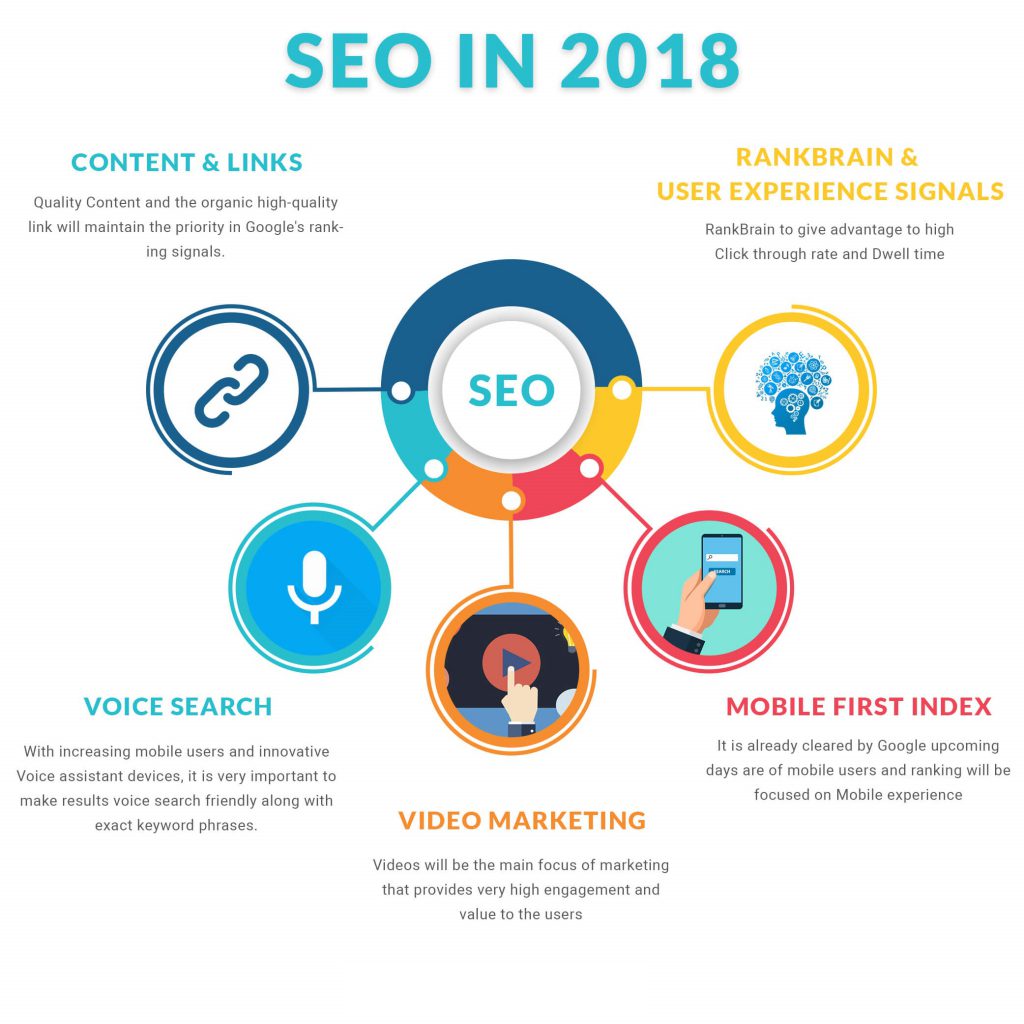
With content marketing, businesses decide on the content they publish, its presentation and promotion online. For example, a company decides that they want to publish three blog posts a week, along with a video on YouTube. They then choose to advertise their new content on social media—Twitter, Reddit and Facebook—to get maximum exposure.
In short, the two terms go hand-in-hand together for a successful online advertising campaign. One that includes search engine optimization, content management and pay-per-click advertising.
SEO vs pay-per-click (PPC) advertising
Yes, you read it right. SEO and content management get you two-thirds of the way to a comprehensive online advertising campaign. The remaining one-third is pay-per-click (PPC) advertising.
So what’s PPC? Remember how before the advent of the internet businesses used to buy advertisement space in newspapers? It’s just like that, only now on SERP and social media. Today, businesses buy advertising space from websites like Google, Facebook, Twitter and Reddit to promote their goods and services.
You can pay most search engines to have them list your online ads on their SERP. Similarly, you can do the same with Facebook, Twitter and Reddit. PPC is a great way to promote your business operations online.
The great thing about PPC is that you can have ads that directly target a particular audience. A pizza parlor in Houston or Los Angeles might want their ads to show up for residents of their respective city, as it would be waste advertising to someone living in another state entirely.
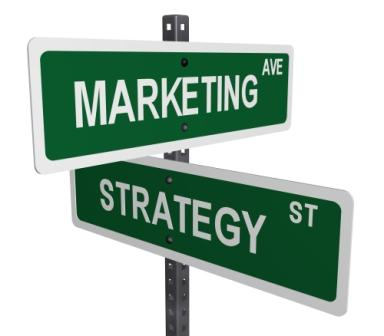
Now, you might be wondering, why even bother with SEO when you can run PPC ad campaigns? PPC is often more costly and can be blocked by ad blockers. You need to pay the online advertising platform you work with money everytime someone clicks on your ads. This can make PPC more expensive than SEO. Furthermore, a sizeable portion of internet users use ad blocker plug-ins to disable ads. PPC ads wouldn’t appear to these users.
SEO is great for getting to the top of search engine results pages organically. This means that you appear on the top regardless of whether users use ad-blockers. Furthermore, it’s cheaper than PPC in the long term.
However, pay-per-click should complement search engine optimization. Think of PPC as a marketing tool that you can use for quick, short-term gains. Meanwhile, SEO is a powerful marketing tool for the long-term.
You should always work on SEO. But let’s say that our pizza parlor has a new “buy one, get one” deal for medium pizzas, then it’d make sense to use PPC to let people looking to buy pizzas know about the deal. Meanwhile, you should strive to have the keyphrase “great pizza” bring you to the top of Google’s SERP.
Who can benefit from SEO?
Why, everyone can! It’s a marketing strategy that businesses of all size—whether they’re startups or multinational corporations—need to invest in.
Businesses rely on their marketing and public relations teams to portray them in a good light. SEO is one of the tools that can be used to do just that. And as an online tool, it can be even more effective than traditional tools because it’s a targeted tool. Precise and discerning, SEO and online marketing in general can be relied on to bring personalized information to people.
It’s arguably more important for newer, smaller businesses than better well-known ones. But just as you see Pepsi, Toyota and AT&T running commercials on the TV, in spite of their size and reputation, even big businesses with great brand recognition should invest in SEO.
In fact, we have already written a blog post on the merits of SEO for startups. But SEO is a must for any business to succeed and keep succeeding. And as Houston’s premier SEO agency, we hope you’ll give us a go.

